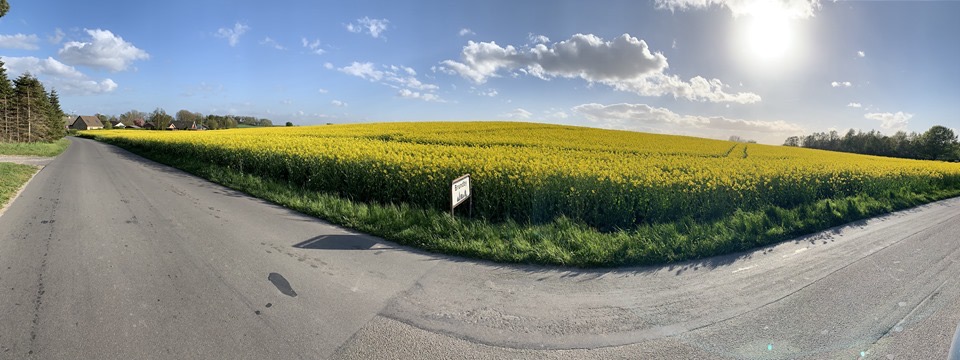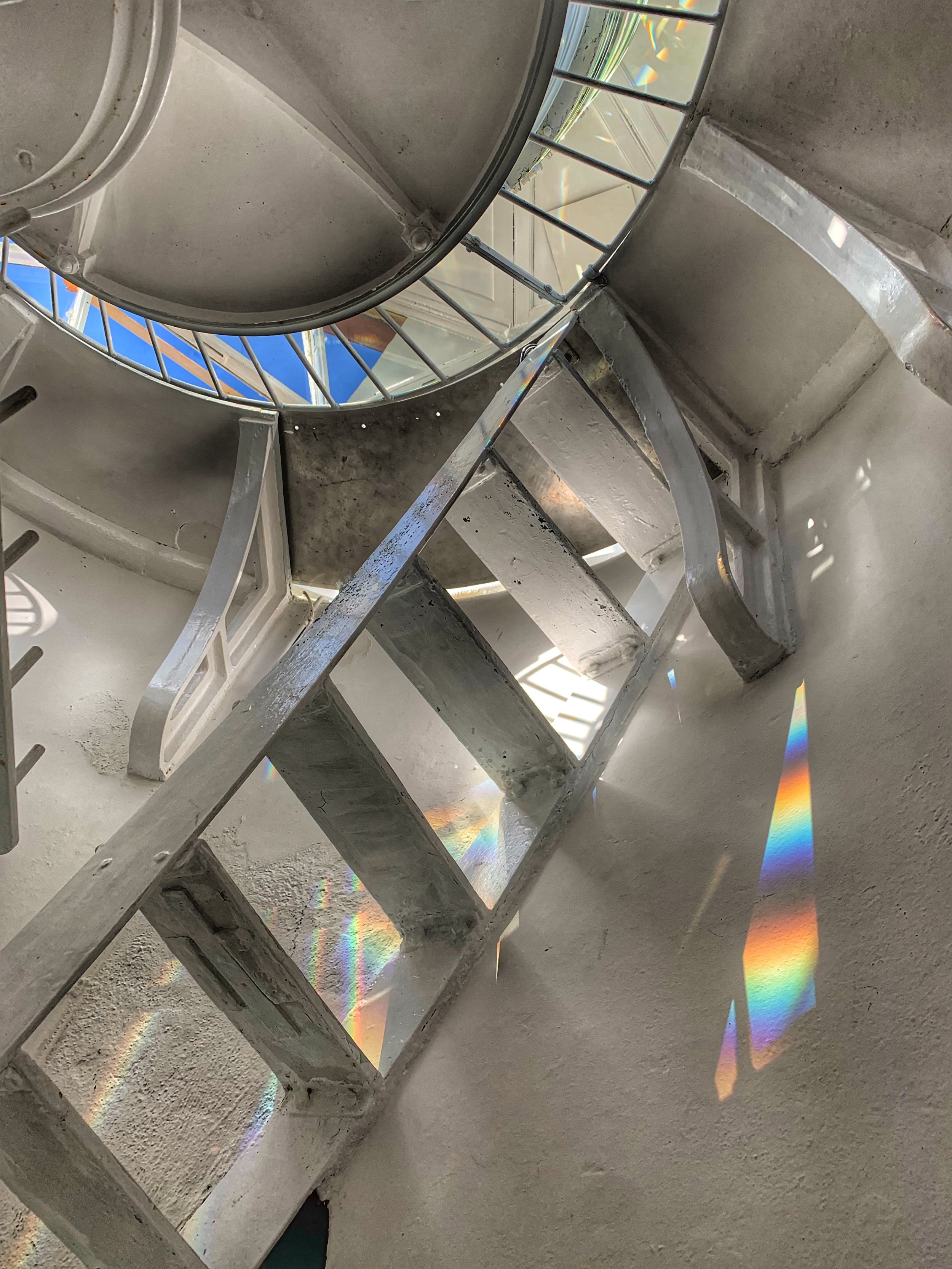Just returned from a research trip in Denmark for a fellowship from Tufts and the School of the Museum of Fine Arts. I was on Samsø, a gorgeous island at the crossroads of the Baltic and North seas. Samsø is powered fully by renewable energy and is teeming with innovative people and projects. In under a decade Samsø went from being fossil-fuel dependent to effectively energy-self-sufficient by shifting the island’s electricity and heating to local renewables. They built 11 onshore and 10 offshore wind turbines, added district heating plants running on straw/biomass and solar, and rolled out household-level solutions, with a large share of the assets owned by islanders so the economic benefits stayed local.
To spread what they learned, the community opened the Samsø Energy Academy as a demonstration, training and visitor center, a hub that has helped other towns and regions replicate Samsø’s community-led energy model.
Below is a video essay I made about how I experienced Samsø.
The enchanted forests of Samsø
Wind turbines seen from a distance
At the top of the wind turbine
Farmer Jorgen and one of his highland cows.
Icelandic beauties
Ballen harbor
Samsø Energy Academy
The Samsø Energy Academy, led by Søren Hermansen, is educating communities on how Samsø island became a global leader in sustainable solutions to the world’s most pressing problems.
Garden of Artist and Permaculturist, Cecil Rye Olsen
Cecil and Bruhn’s solar panels.
Tea time with the lovely Cecil Rye Olsen and Carsten Bruhn-Henriksen.
©2019 Cecil Rye Olsen
©2019 Cecil Rye Olsen
©2019 Cecil Rye Olsen
Fell in love with the local white asparagus and the mini potatoes — the best on earth.
Inside the lighthouse
From the top of the lighthouse.
København!
I spent a few days in Copenhagen, which pretty much blew my mind. So many bikes, so few cars. A harbor right in the city with water so clean it's swimmable. Smart waste management, clean air, plenty of green space, bike lanes, walking lanes, streets free of car noise, insanely low crime, fresh local food...Why are we not taking steps in every city to make life more livable for its citizens?
Best street design I’ve seen.
A bridge built exclusively for bikers and pedestrians, what what?!
On the pedestrian/bike bridge, everyone has their place. So civilized, so functional.
Love birds.
Caption suggestions?
The Moat
The original Little Mermaid
Claudia Compte at Copenhagen Contemporary
Painting by Donna Huanca at Copenhagen Contemporary.
Plenty of wind turbines off the coast of Copenhagen too. The city aims to go carbon neutral by 2025
Denmark proved to me that there are many different ways of living in this world, and they are much more humane and sustainable to long-term health/happiness than those we know in most other parts of the world. No wonder they are considered amongst the happiest people on earth (at least according to the polls), even though they humbly talk about how they have much work still left to do. There is always room for improvement, but relying on dirty fossil fuels not only deep fries our planet, it also poisons our souls (pardon the cheese factor, but there it is).
I am so thankful for this experience, and eager to see what work emerges from it all. Grateful to all my friends, new and old, who hosted me, assisted me, endured the camera and interrogation sessions, toured me around, wine and dined me, and gave their time and energy to help shine this beacon of light into the darkness.
A special thank you to the #SamsøEnergiAkademi and Søren Hermansen, Birgit Holmboe, Sigurd Holmboe, Christodoulos Chambi and especially to the #Tufts #TravelingFellows fund for this rare opportunity. Can't wait to return.












































